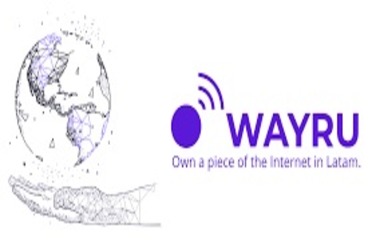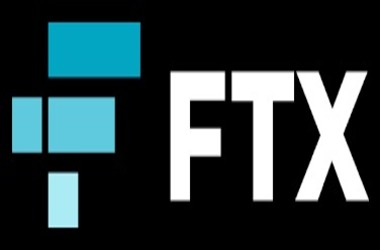 Wayru, a decentralized network with the goal of providing an affordable WiFi alternative in under-served regions, has successfully concluded a seed round of fundraising in the amount of $1.96 million, headed by the venture capital company Borderless Capital. The investment will be used to fund working capital needs as well as marketing costs for the next year. Hexagon, an additional blockchain WiFi network, also made the announcement today that it has secured a startup round of $2 million.
Wayru, a decentralized network with the goal of providing an affordable WiFi alternative in under-served regions, has successfully concluded a seed round of fundraising in the amount of $1.96 million, headed by the venture capital company Borderless Capital. The investment will be used to fund working capital needs as well as marketing costs for the next year. Hexagon, an additional blockchain WiFi network, also made the announcement today that it has secured a startup round of $2 million.
In disadvantaged populations located in nations with low and intermediate incomes, internet access may be difficult to come by. According to the World Bank, increasing internet penetration from its current level of 35 percent to 75 percent may result in an increase of up to $2 trillion in cumulative gross domestic product and the creation of more than 140 million jobs globally.
In response to this issue, Wayru intends to establish a decentralized internet service provider (ISP). The lack of reliable internet access brought to light by the pandemic led to the establishment of the firm in the year 2021. Users of the platform have the ability to set up a node using commercially available WiFi gear and make it possible for other users in the immediate area to connect to the node. The people who created the first node will get a certain number of Wayru tokens for each user that connects to it.
Wayru also provides a philanthropic giving known as AirBlocks, which are distributed in the form of non-fungible tokens (NFTs). Eighty percent of the proceeds from the sale of AirBlock go toward providing internet access to those in the city selected by the customer who cannot afford it. The AirBlock NFT comes with downloadable artwork that may be kept as a collection or exchanged with other users in a secondary market.
The blockchain that Algorand uses serves as the backbone for both the nodes and the NFT services. Another blockchain initiative for the telecommunications industry, Helium, has a similar framework and has exhibited promising outcomes to this point. It recently raised $200 million from investors including Deutsche Telekom and Liberty Global.
The primary distinction lies in the fact that Helium is centered on Internet of Things technology and use a specific WiFi protocol known as LoRaWAN. Wayru, on the other hand, is trying to expand its WiFi coverage to include previously unserved locations. It is possible that these regions are not economically feasible, which is one of the reasons why internet access is so poor in these locations to begin with. Because of this, there is a chance that Wayru will grow dependent on AirBlocks, and if the value of its token does not greatly improve, it is possible that Wayru would suffer.
In the meantime, other blockchain-based projects are being developed in Latin America. These include the regional blockchain network LACNet, the blockchain land registry developed by ChromaWay, and a blockchain bond pilot program that is being run by the Inter-American Development Bank and the Colombian Central Bank.








